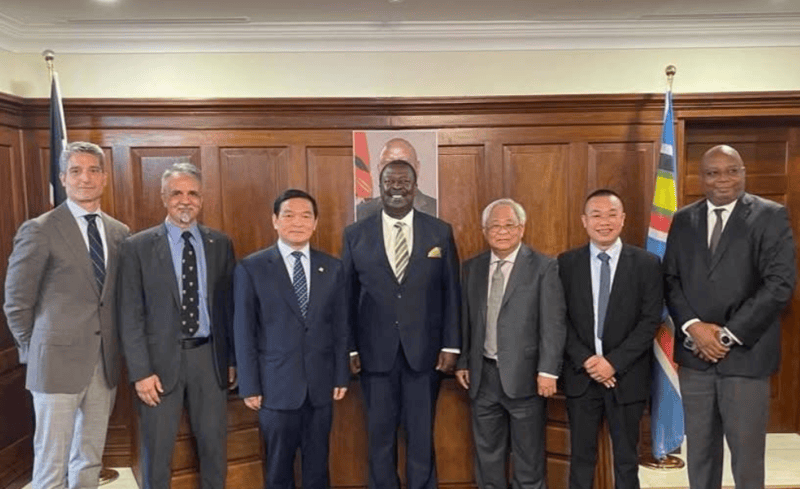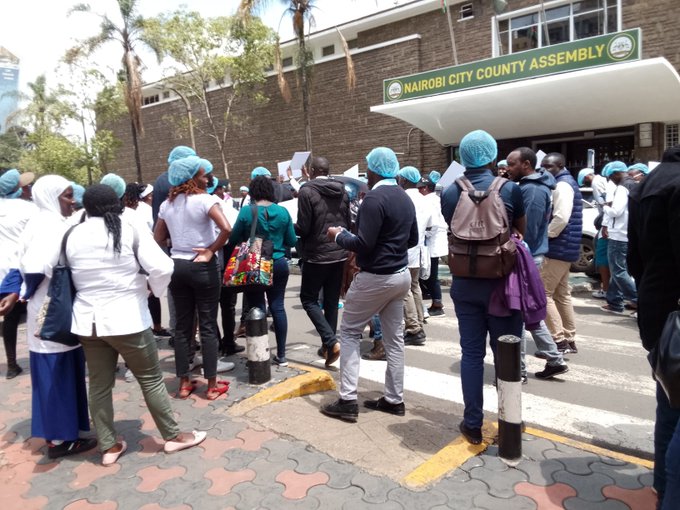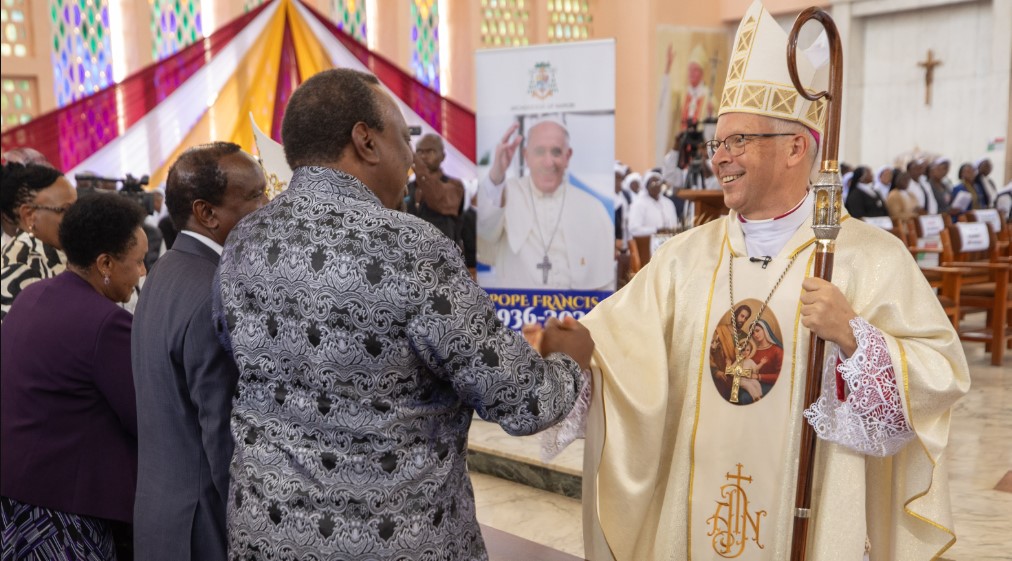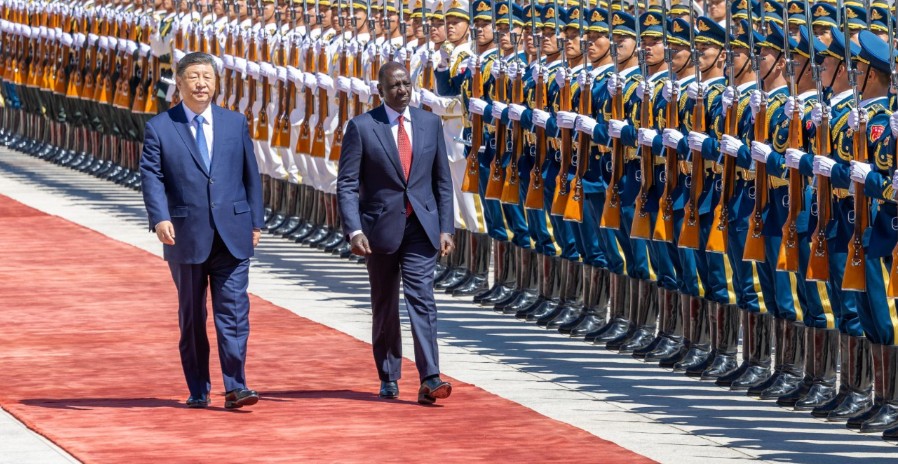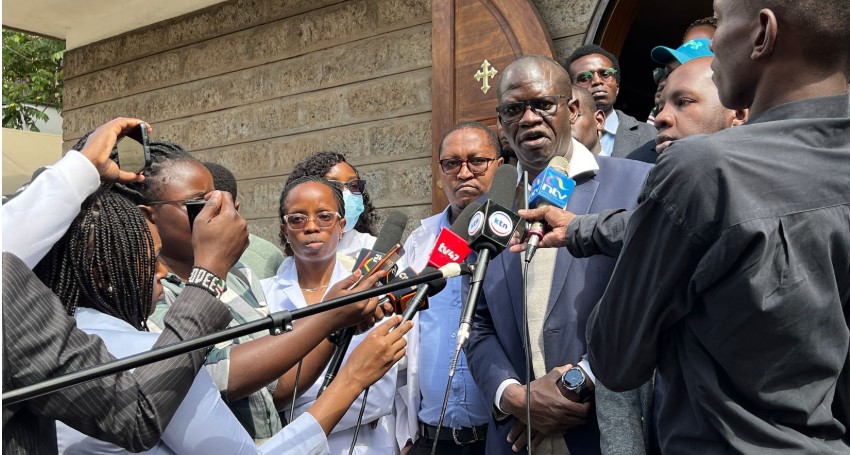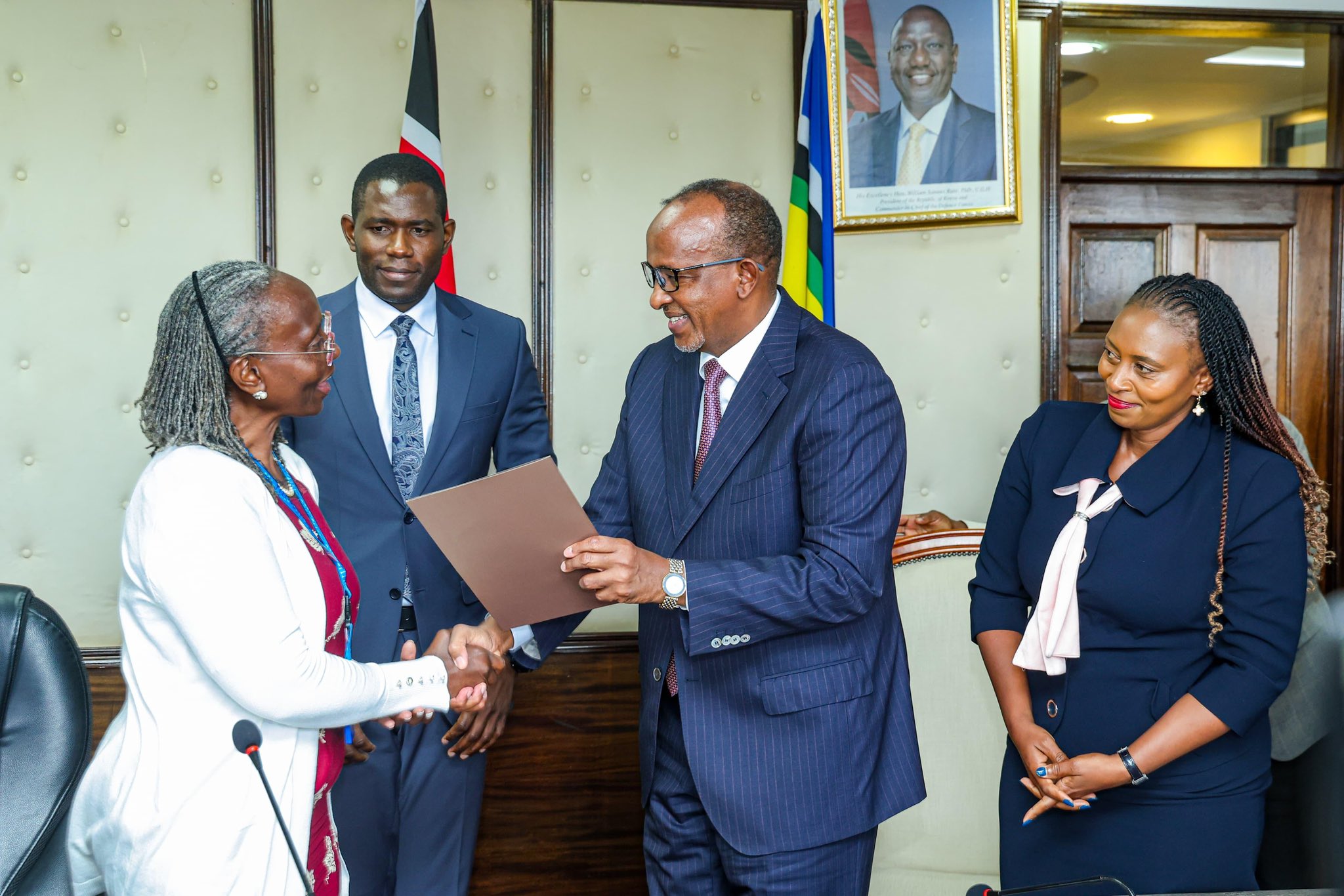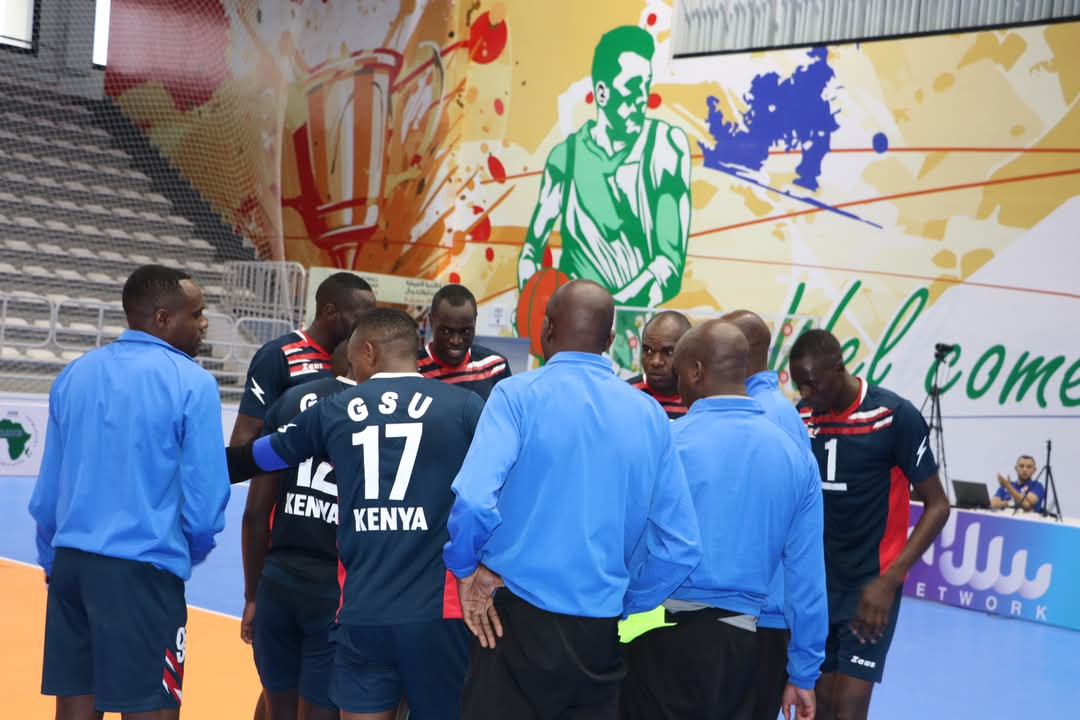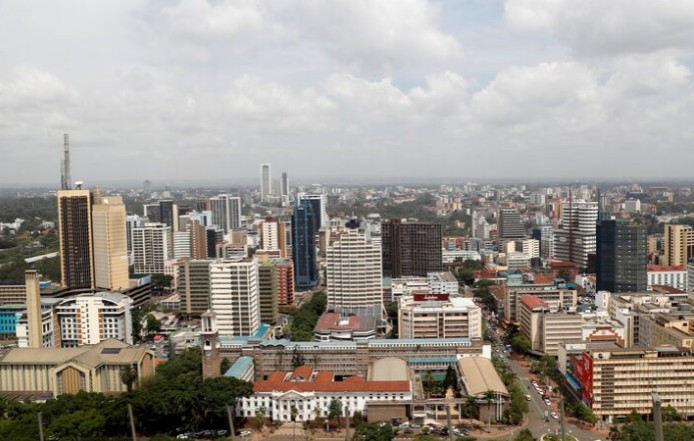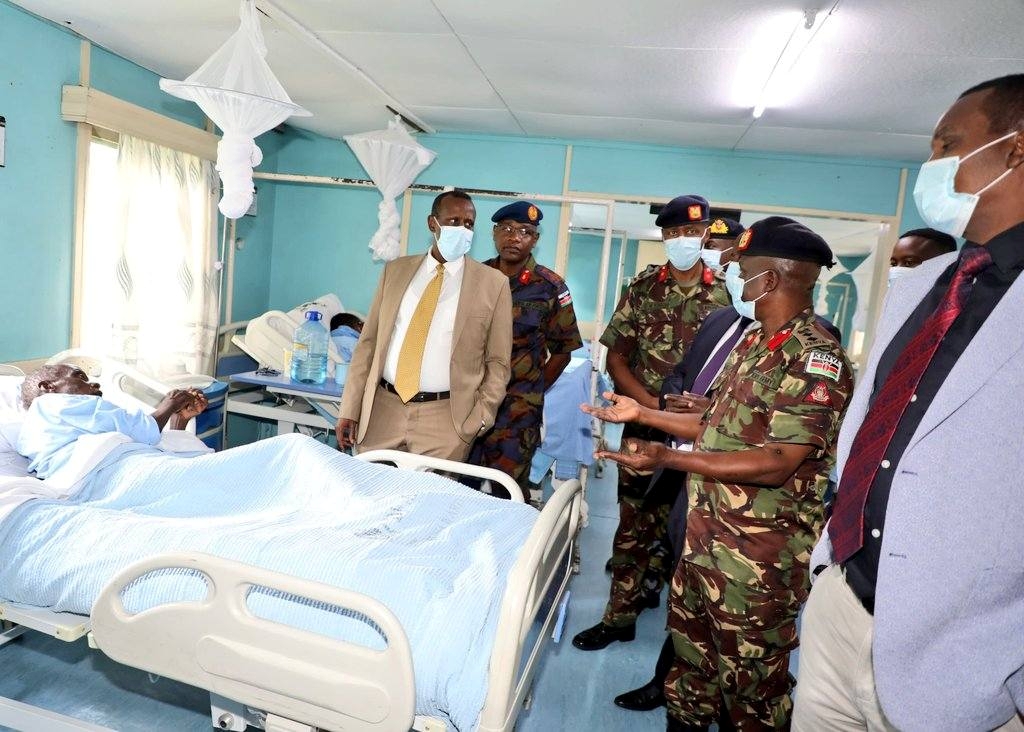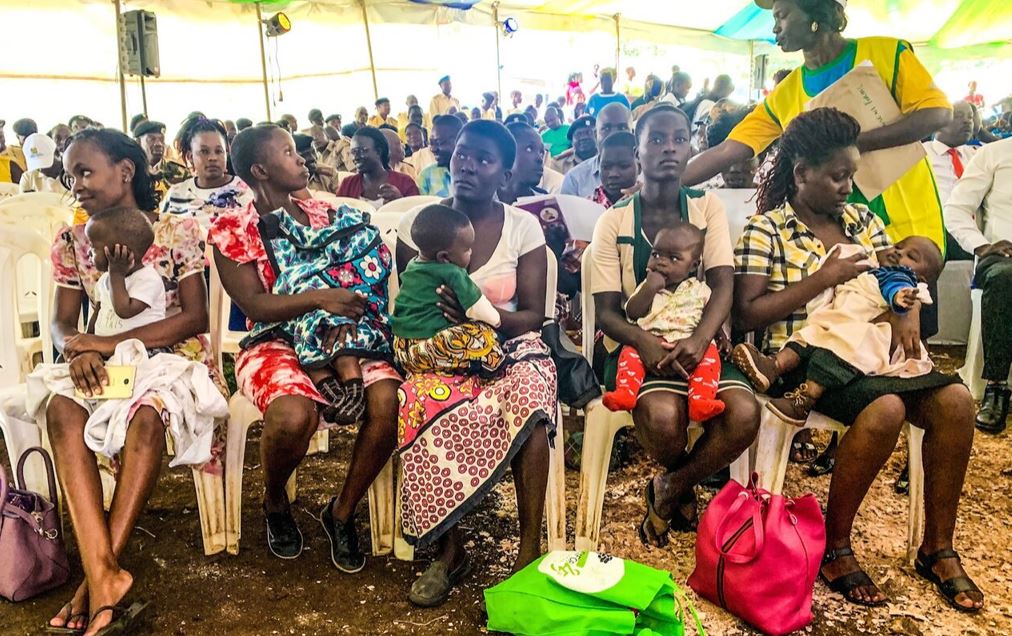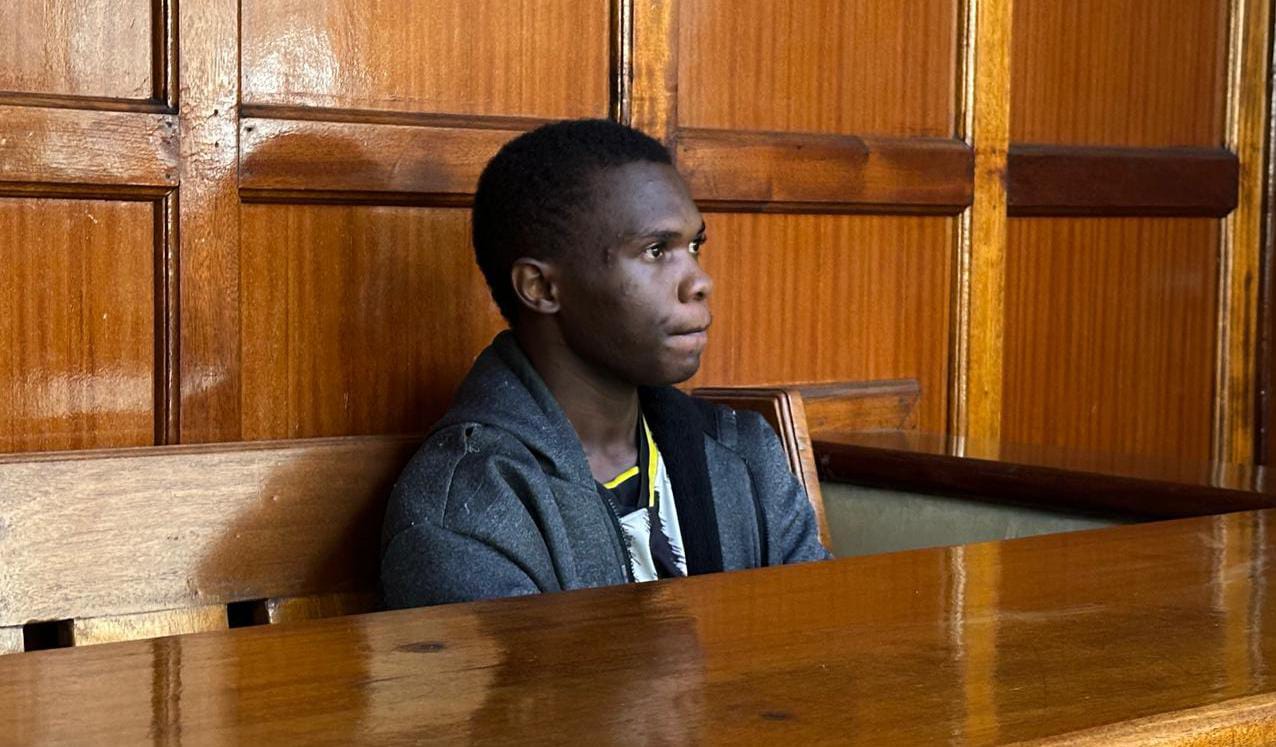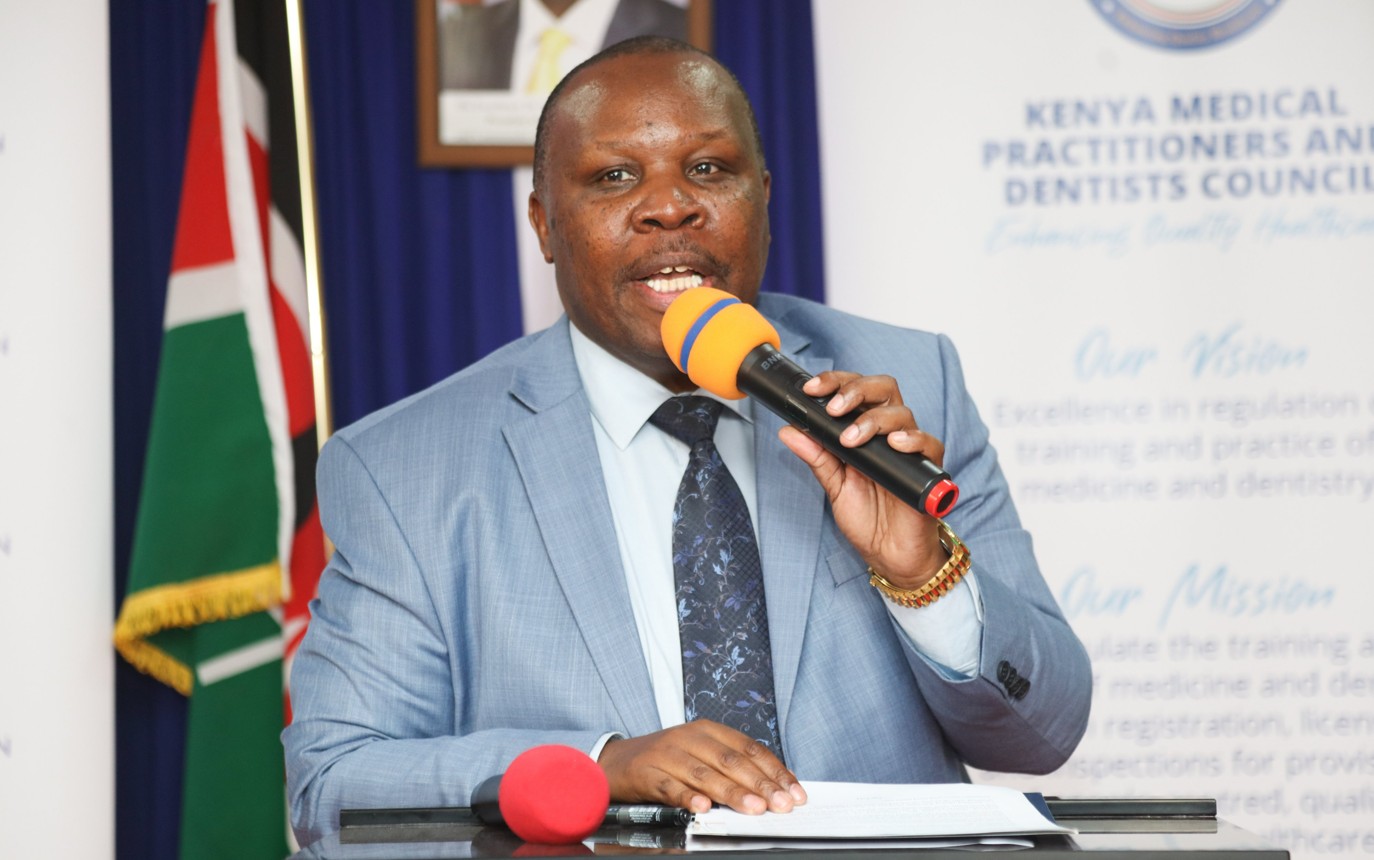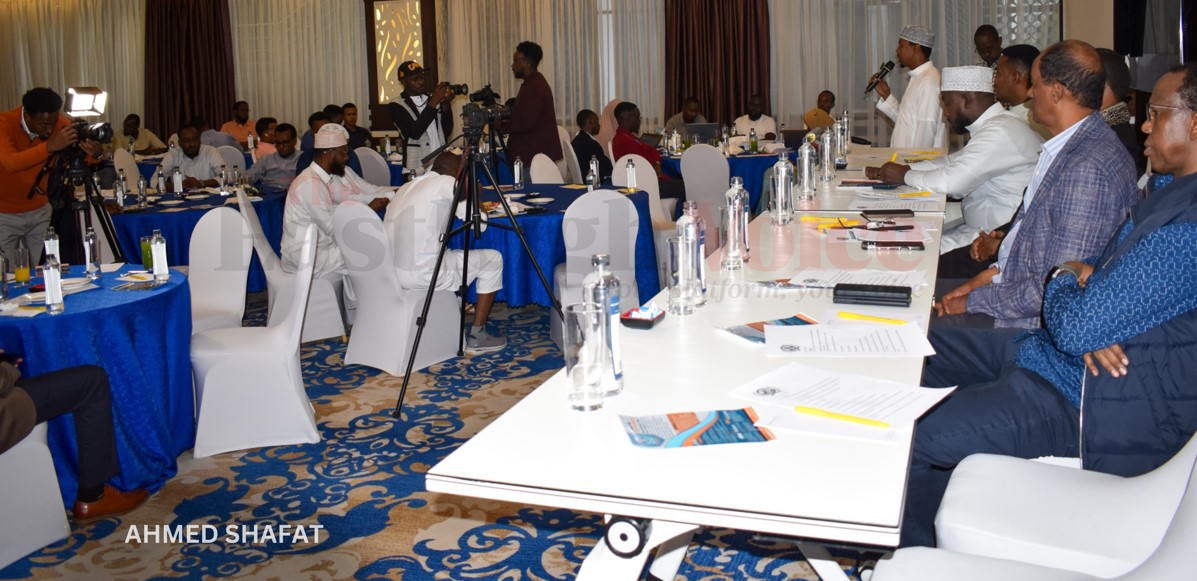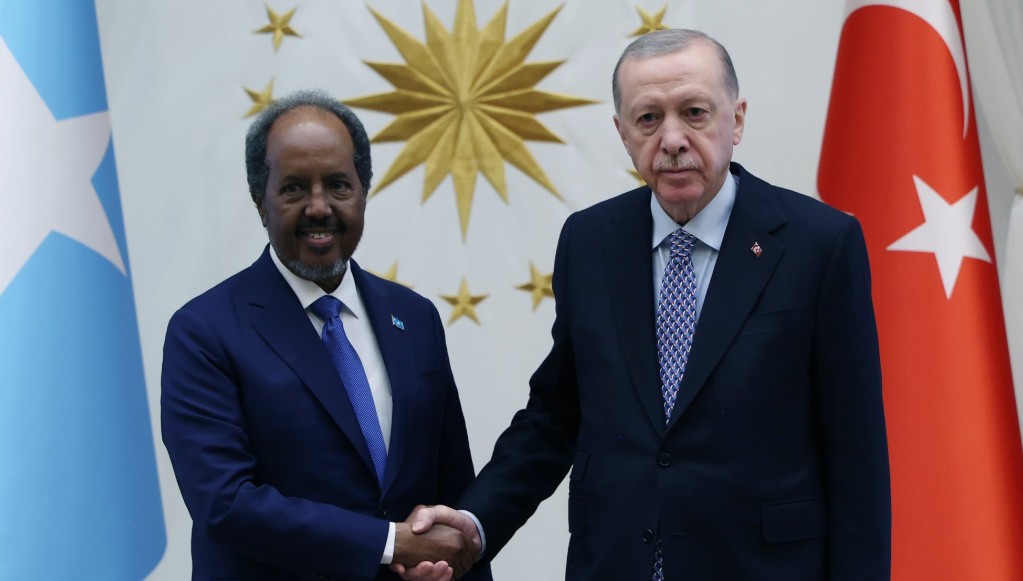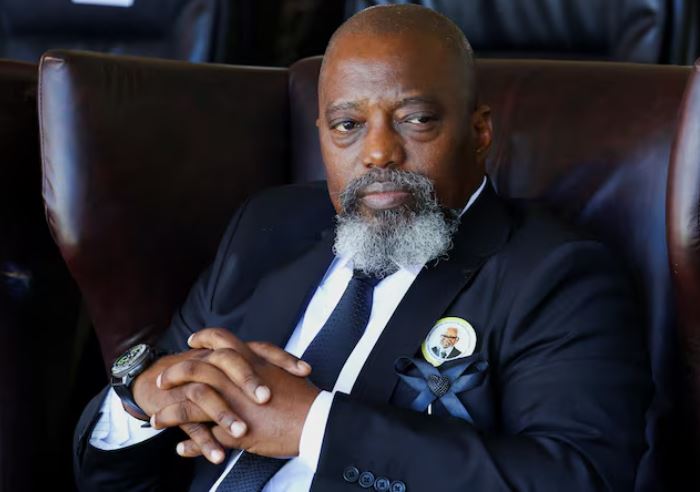Jordan's Safadi urges de-escalation of regional tensions in rare Iran visit
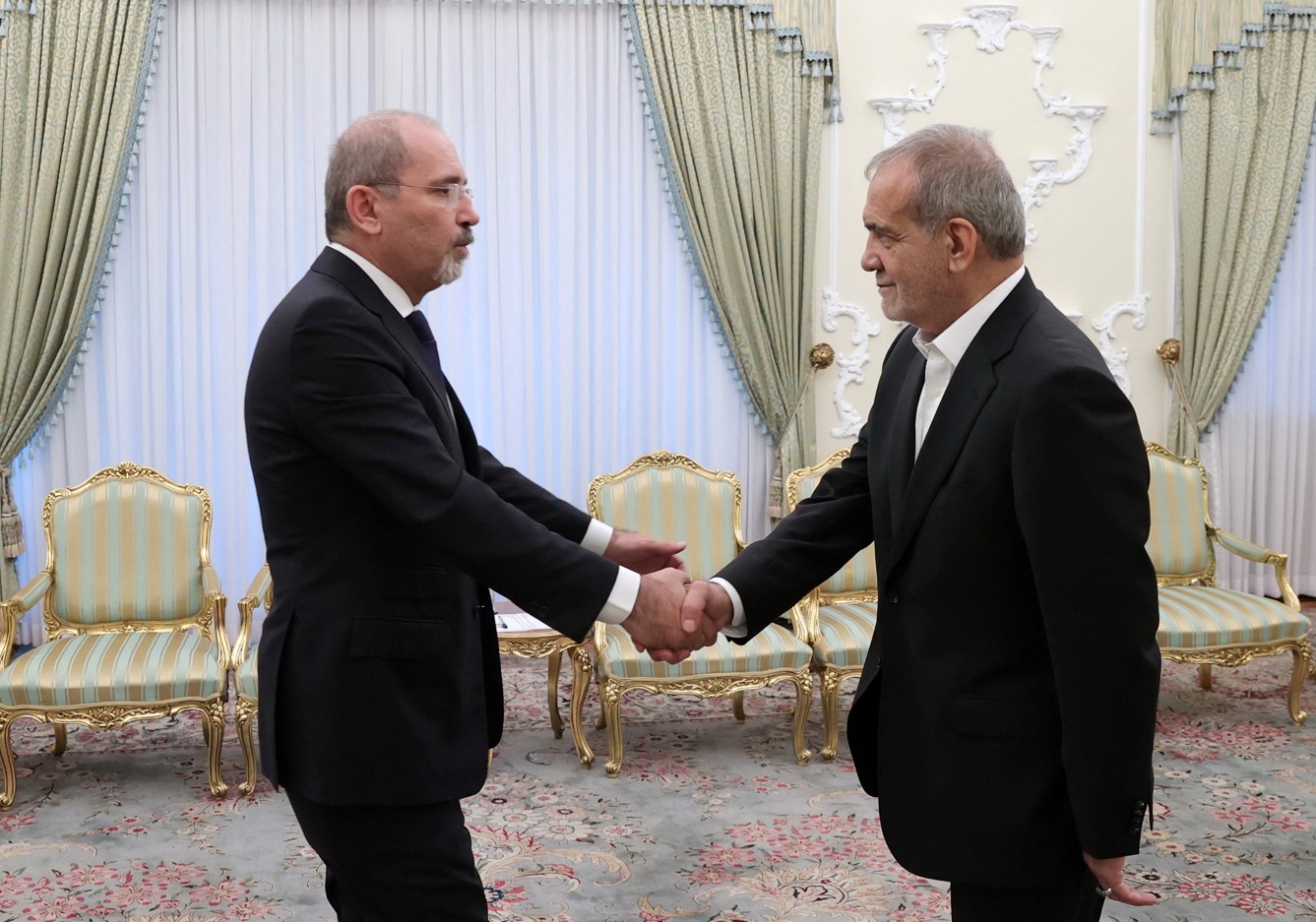
Iran and Jordan are also seeking to improve their relations following recent tensions related to Amman accusing pro-Iranian militias in Syria of smuggling narcotics into the country, and its taking part in the interception of Iran's first-ever direct attack on Israel last April.
Jordan's Foreign Minister Ayman Safadi concluded a rare visit to Iran on Sunday with a plea for an end to the escalation of violence and for the region to be able to live in "peace, security and stability."
Safadi's visit to Iran follows continued diplomatic contacts by the United States and its partners including France, Britain, Italy and Egypt to prevent further regional escalation following the assassination of Hamas leader Ismail Haniyeh in Tehran.
More To Read
In a meeting with Safadi, Iranian President Masoud Pezeshkian said the assassination of Haniyeh was a "major mistake by the Zionist regime (Israel) that will not go unanswered," Iranian state TV reported.
Iran and Jordan are also seeking to improve their relations following recent tensions related to Amman accusing pro-Iranian militias in Syria of smuggling narcotics into the country, and its taking part in the interception of Iran's first-ever direct attack on Israel last April.
"My visit to Iran is to consult on the serious escalation in the region and to engage in a frank and clear discussion about overcoming the differences between the two countries with honesty and transparency," Safadi said at a press conference in Tehran alongside his Iranian counterpart.
"Jordan has always been proactive in defending the Palestinian cause and the rights of the Palestinian people. It has condemned the Israeli occupation of the Palestinian territories and rejected all of Israel's escalating measures that prevent achieving security, stability, and a just peace," he said.
Safadi condemned the assassination of Haniyeh last Wednesday, calling it "a heinous crime and an escalatory step that constitutes a violation of international law and humanitarian law, and an infringement on state sovereignty. We reject it entirely."
"We demand effective action to stop the Israeli aggression on Gaza, to halt such illegal Israeli measures, and to prevent crimes against the Palestinian people, in order to protect the entire region from the consequences of a regional war that would have a devastating impact on everyone," he said.
"We want our region to live in peace, security, and stability, and we want the escalation to end."
Regional tensions have spiked following Haniyeh's killing, which came a day after an Israeli strike in Beirut that killed Fuad Shukr, a senior military commander from the Iran-backed Lebanese group Hezbollah.
Hamas and Iran have both accused Israel of assassinating Haniyeh and have pledged to retaliate. Israel has not claimed responsibility for the death or denied it.
Top Stories Today



